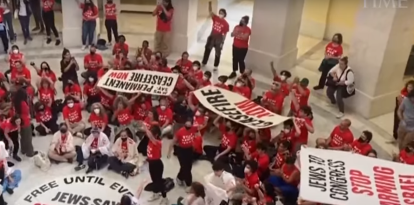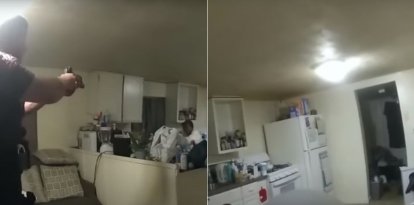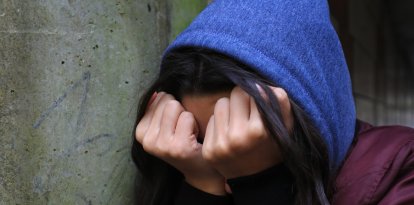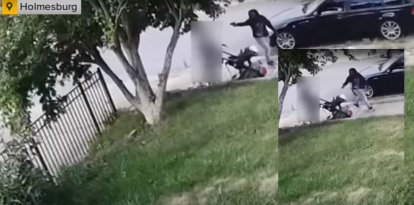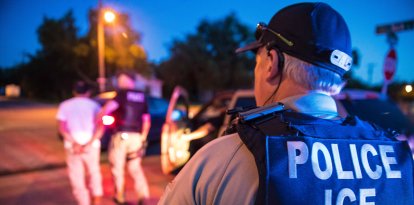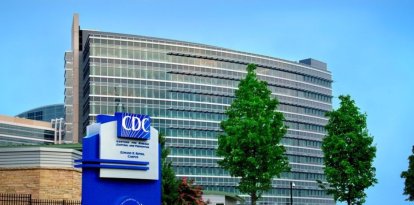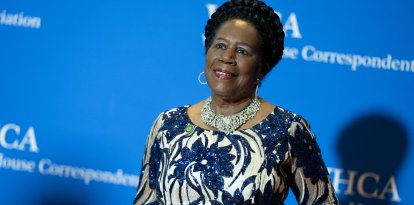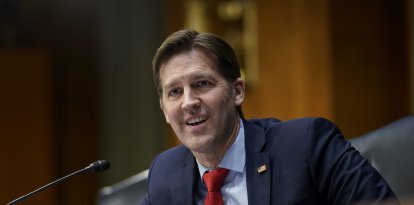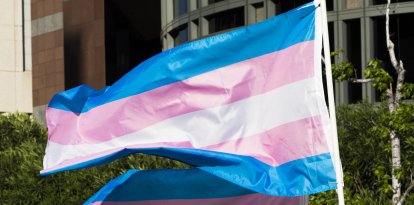Unequal treatment: federal court rules that Washington is tougher on pro-life protesters than BLM
In 2020, at the height of the George Floyd riots, Black Lives Matter filled the city of Washington with graffiti and destruction. However, it was anti-abortion demonstrators who felt the weight of the law.
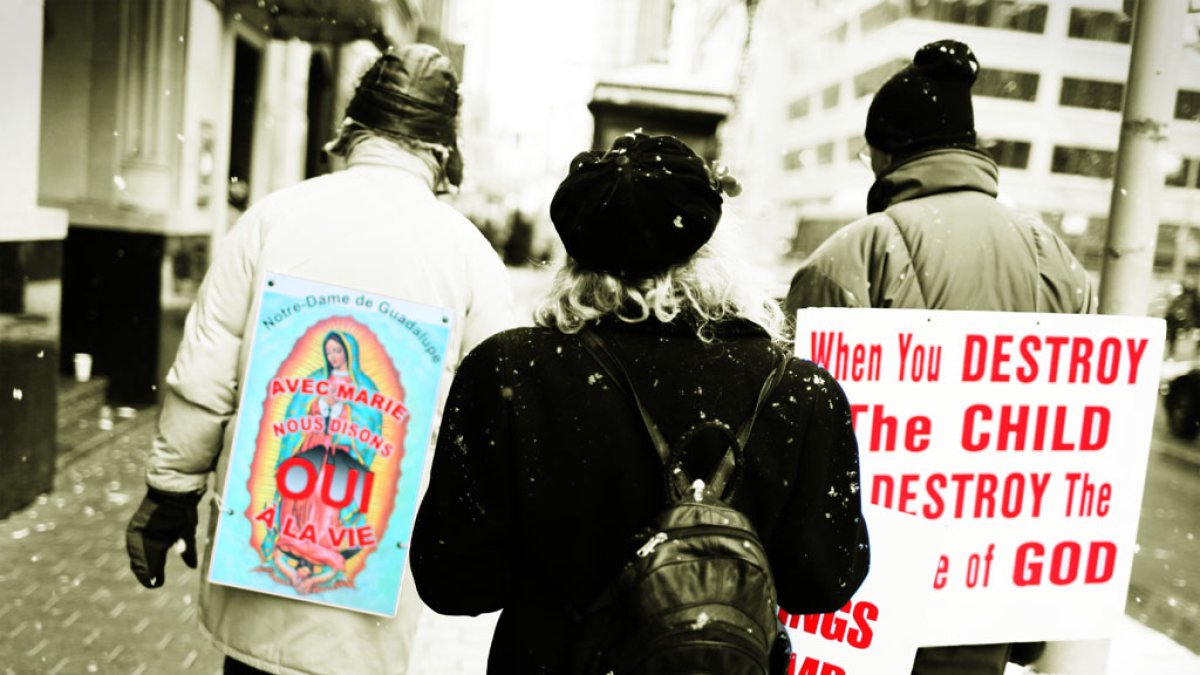
Manifestantes provida / Wikimedia Commons
A federal appeals court ruled that the city of Washington treated pro-life protesters unfairly compared to the the summer 2020 protests when, following the death of George Floyd, groups like Black Lives Matter rioted and filled major U.S. cities with anti-police graffiti.
According to the appeals court, two pro-life protesters were arrested in August 2020 for writing the words "Black Pre-Born Lives Matter" in non-permanent chalk in front of an abortion clinic. This was ruled as unequal treatment under the law, considering that BLM activists and other anti-police organizations were free to graffiti political messages throughout the city.
The ruling reversed a lower court's dismissal of this lawsuit, filed in November 2020 by the Frederick Douglass Foundation.
"In the summer of 2020, thousands of protesters flooded the streets of the District to proclaim 'Black Lives Matter,'" the court wrote in its decision. "Over several weeks, the protesters covered streets, sidewalks, and storefronts with paint and chalk. The markings were ubiquitous and in open violation of the District’s defacement ordinance, yet none of the protesters were arrested."
"During the same summer, District police officers arrested two pro-life advocates in a smaller protest for chalking 'Black Pre-Born Lives Matter' on a public sidewalk. ... The organizers of the smaller protest, the Frederick Douglass Foundation and Students for Life of America, sued," the opinion read.
Tougher on Pro-Life Protesters
While the Frederick Douglass Foundation acknowledged that the chalk graffiti violated city ordinances, it alleged that the First and Fifth Amendment rights of pro-life protesters were violated, arguing that Washington's selective enforcement of the laws is unconstitutional.
Before the lawsuit reached an appeals court, it had been dismissed in district court, but that order was vacated with the recent ruling.
"The First Amendment prohibits discrimination on the basis of viewpoint irrespective of the government’s motive. We hold the Foundation has plausibly alleged the District discriminated on the basis of viewpoint in the selective enforcement of its defacement ordinance," the decision read. The case has now been revived and will face further proceedings.













